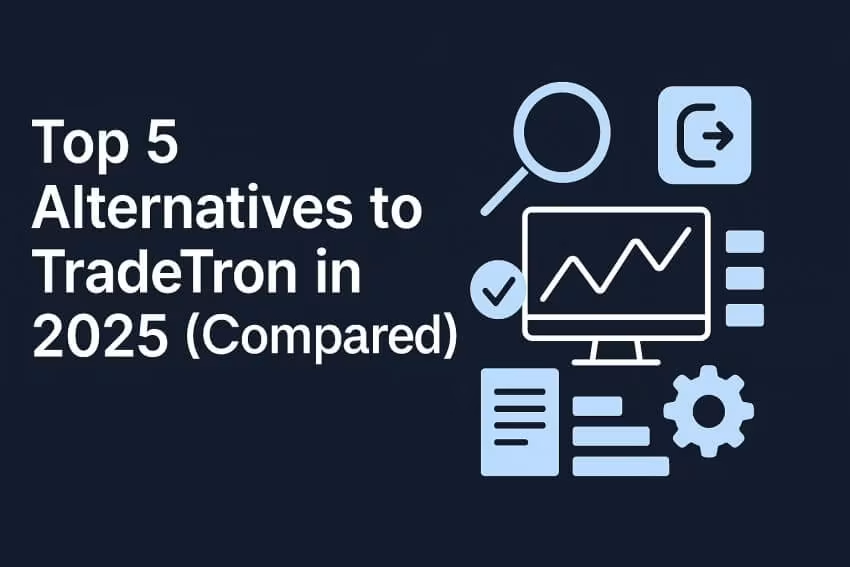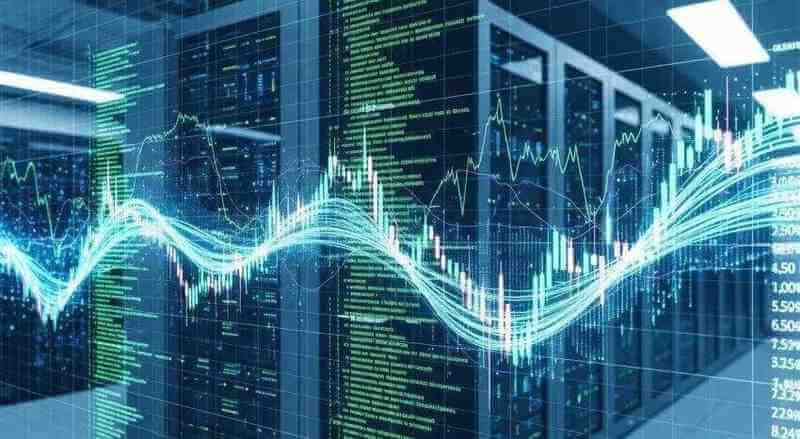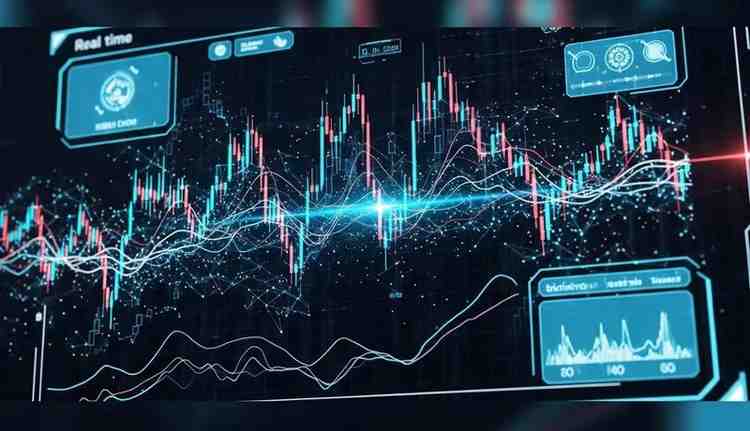Understanding Decentralised Finance
Decentralised finance, or DeFi, refers to a decentralised ecosystem of financial applications and services built on blockchain technology. Unlike traditional financial systems that rely on intermediaries such as banks and brokerage firms, DeFi operates on decentralised networks, enabling peer-to-peer transactions without the need for intermediaries. At its core, DeFi seeks to democratise access to financial services, promote financial inclusion, and eliminate barriers to entry into the financial market.
Evolution of Automated Trading
Automated trading, also known as algorithmic trading, involves the use of computer algorithms to execute predefined trading strategies automatically on platforms like uTrade Algos. This form of trading leverages advanced technology and quantitative analysis to execute trades with speed, precision, and efficiency. Over the years, automated algo trading has gained traction in financial markets, catering to institutional investors, hedge funds, and retail traders alike. The advent of automated trading has revolutionised the way trades are executed, offering benefits such as increased liquidity, reduced transaction costs, and improved risk management.
Convergence of DeFi and Automated Trading
The convergence of DeFi and automated algo trading represents a paradigm shift in the financial landscape, unlocking new possibilities and opportunities for market participants. By integrating DeFi protocols and smart contracts into automated trading systems, traders can access a wide range of decentralised financial products and services, including decentralised exchanges (DEXs), lending platforms, yield farming, and liquidity mining. This integration offers several advantages.
- Enhanced Accessibility: Integration of DeFi into automated trading provides greater access to financial markets for individuals worldwide, especially those in underserved regions.
- Increased Efficiency: Automation streamlines trading processes, reducing human error and improving execution speed, leading to more efficient market operations.
- Transparency: DeFi's blockchain-based infrastructure offers unparalleled transparency, allowing users to verify transactions and track asset movements in real-time.
- Reduced Counterparty Risk: By eliminating intermediaries, DeFi automated trading minimises counterparty risk, as transactions are executed directly between users via smart contracts.
- Liquidity Provision: Automated trading algorithms, on platforms like uTrade Algos, can participate in decentralised liquidity pools, providing liquidity to DeFi protocols and earning passive income in the form of transaction fees and incentives.
Opportunities in DeFi Automated Trading
The integration of DeFi into automated trading opens up a myriad of opportunities for traders and investors
- Access to Decentralised Liquidity: DeFi automated trading enables traders to access decentralised liquidity pools, allowing for seamless execution of trades without relying on centralised exchanges.
- Decentralised Lending and Borrowing: Integration of DeFi protocols into automated algo trading systems provides opportunities for users to leverage decentralised lending and borrowing platforms, accessing capital and earning interest on their assets.
- Yield Farming and Liquidity Mining: DeFi automated trading allows users to engage in yield farming and liquidity mining, earning rewards by providing liquidity to decentralised platforms and participating in governance activities.
- Arbitrage Opportunities: Automated trading algorithms, can exploit arbitrage opportunities across decentralised exchanges (DEXs) and centralised exchanges, capitalising on price discrepancies to generate profits.
- Smart Contract Strategies: DeFi automated trading enables the implementation of sophisticated smart contract strategies, such as flash loans and decentralised options trading, unlocking new avenues for profit generation.
- Market Access and Innovation: Integration of DeFi into algorithmic trading systems expands market access and fosters innovation, empowering traders to explore new financial products and services in a decentralised ecosystem.
Challenges and Considerations
Despite its potential, the integration of DeFi into automated trading is not without challenges.
- Smart Contract Risks: Smart contracts, the backbone of DeFi protocols, are susceptible to vulnerabilities and bugs, posing risks of potential exploitation and financial loss if not thoroughly audited and secured.
- Regulatory Uncertainty: DeFi operates in a regulatory grey area, with regulators grappling to establish clear guidelines and oversight. This uncertainty can lead to compliance challenges and legal risks for market participants.
- Impermanent Loss: Providing liquidity to decentralised platforms may result in impermanent loss, where the value of assets decreases compared to holding them outright, potentially offsetting gains from transaction fees.
- Liquidity Risks: DeFi liquidity pools are subject to liquidity risks, including slippage and insufficient liquidity during periods of high volatility. This can impact trade execution and price stability.
- Complexity and Education: DeFi automated trading requires a solid understanding of blockchain technology, smart contracts, and decentralised finance protocols. This complexity may pose barriers to entry for less tech-savvy investors and traders.
Future of DeFi Automated Trading
Looking ahead, the future of DeFi automated trading holds immense promise and potential for innovation. As decentralised finance continues to evolve and mature, one can expect to see further integration with algorithmic trading systems, leading to increased efficiency, transparency, and accessibility in financial markets. With advancements in blockchain technology, interoperability, and decentralised governance, DeFi automated trading has the potential to democratise access to financial services, empower individuals, and revolutionise the global financial ecosystem.
The rise of decentralised finance in algo trading in India represents a groundbreaking development that has the power to reshape the future of finance. By leveraging the capabilities of blockchain technology and automated trading systems, like uTrade Algos, DeFi offers new opportunities for traders and investors to access decentralised financial products and services, unlocking unprecedented levels of transparency, efficiency, and accessibility in financial markets. While challenges and uncertainties remain, the transformative potential of DeFi automated trading cannot be overstated, paving the way for a more inclusive, efficient, and resilient financial ecosystem.












